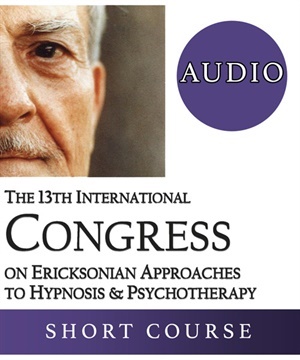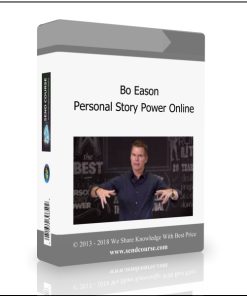IC19 Short Course 20 – How to Take the Next Affective Step for Promoting Resilience – Bardia Monshi, PhD | Available Now !
$20.00 Original price was: $20.00.$13.00Current price is: $13.00.
IC19 Short Course 20 – How to Take the Next Affective Step for Promoting Resilience – Bardia Monshi, PhD | Instant Download !
Sale Page_https://catalog.erickson-foundation.org/item/ic19-short-20-affective-step-promoting-resilience-bardia-monshi-phd-57583
Archive: https://archive.fo/US4TK
Effective therapy, or coaching, is touching and moving clients. As professionals, we are providing an emotional service because all of our clients’ problems have to do with emotional self-regulation. Therefore, to make therapy effective the impact must be affective!
I will first provide an overview of the Person-System-Interactions theory of the personality-researcher Julius Kuhl. It represents a theoretical foundation for thinking about specific ways of self-regulation. Prof. Kuhl defined four interacting subsystems and specific interplays, e.g. the interplay between “self-confrontation & self-calming” or the the interplay between “self-motivation & self-braking”. How a person manages the interplay between these subsystems results in different ego states.
Coaching and therapy can be regarded as a service to enhance the client’s affective self-regulation, improving their resilience. That is why secondly we will take a look at resilience from an affective and process-oriented point of view using the PSI-theory. Viennese humor, short movies and case examples will make this course an affective journey, too.
On the basis of this knowledge we can:
- profile our clients concerning access to their different systems of personality,
- strategically think about the next affective step for our clients and also,
- figure out which specific method might be best for promoting resilience.
Educational Objectives:
- Define the 4 subsystems of the PSI-Theory.
- Create a profiling of clients with the PSI-Theory.
- Utilize the PSI-Theory to plan the next affective step for enhancing resilience.
1 review for IC19 Short Course 20 – How to Take the Next Affective Step for Promoting Resilience – Bardia Monshi, PhD | Available Now !
Add a review Cancel reply
Related products
NLP & Hypnosis
Ecommerce
Ecommerce
Ecommerce
Ecommerce
NLP & Hypnosis
Ecommerce












Cheyenne Paul –
Great deal, quick shipping. | IC19 Short Course 20 – How to Take the Next Affective Step for Promoting Resilience – Bardia Monshi, PhD